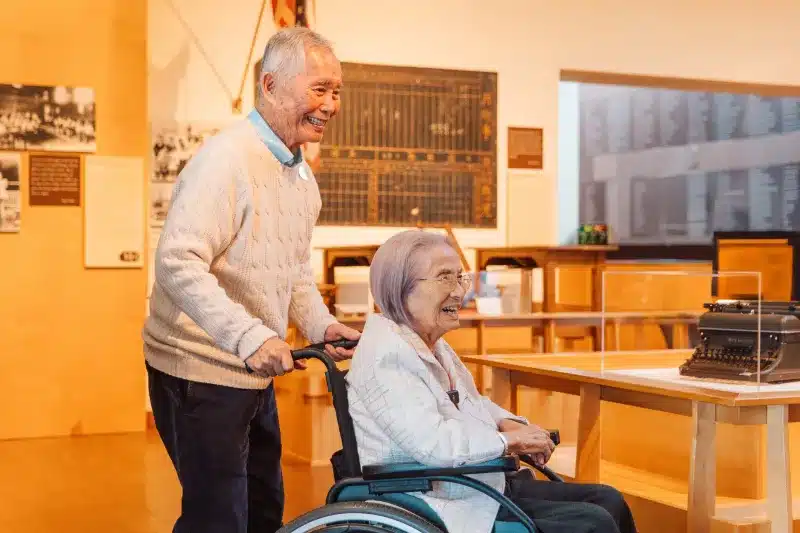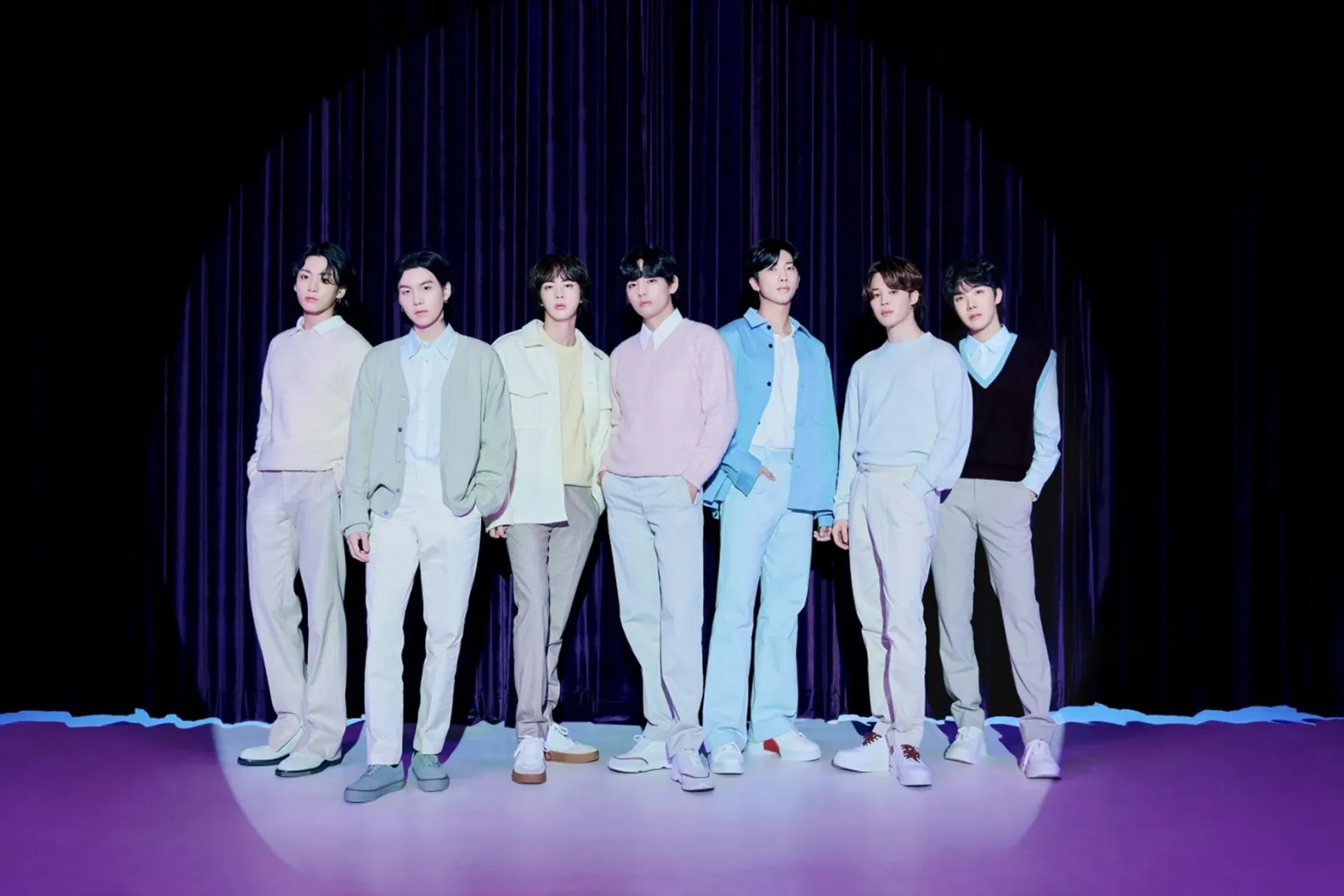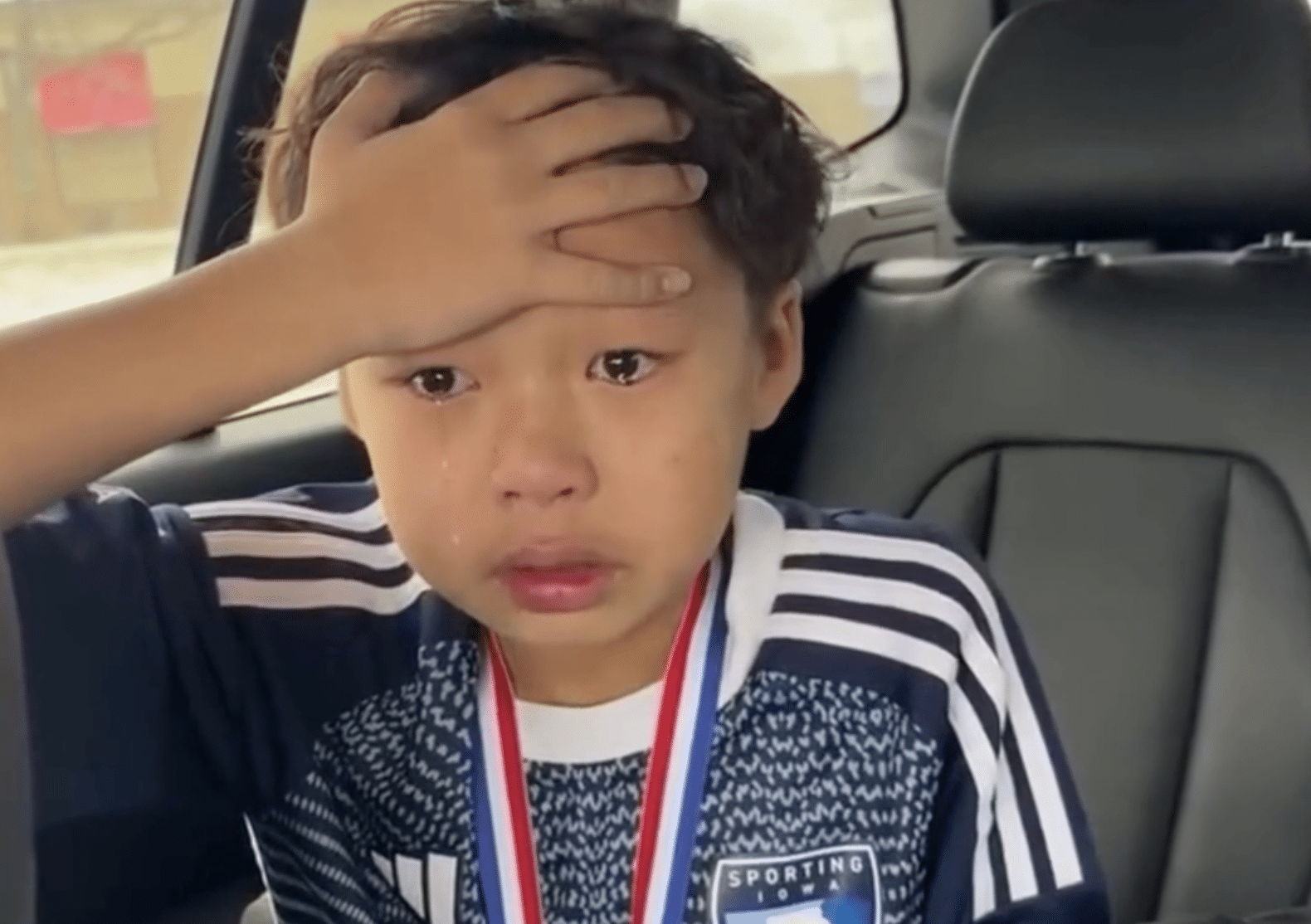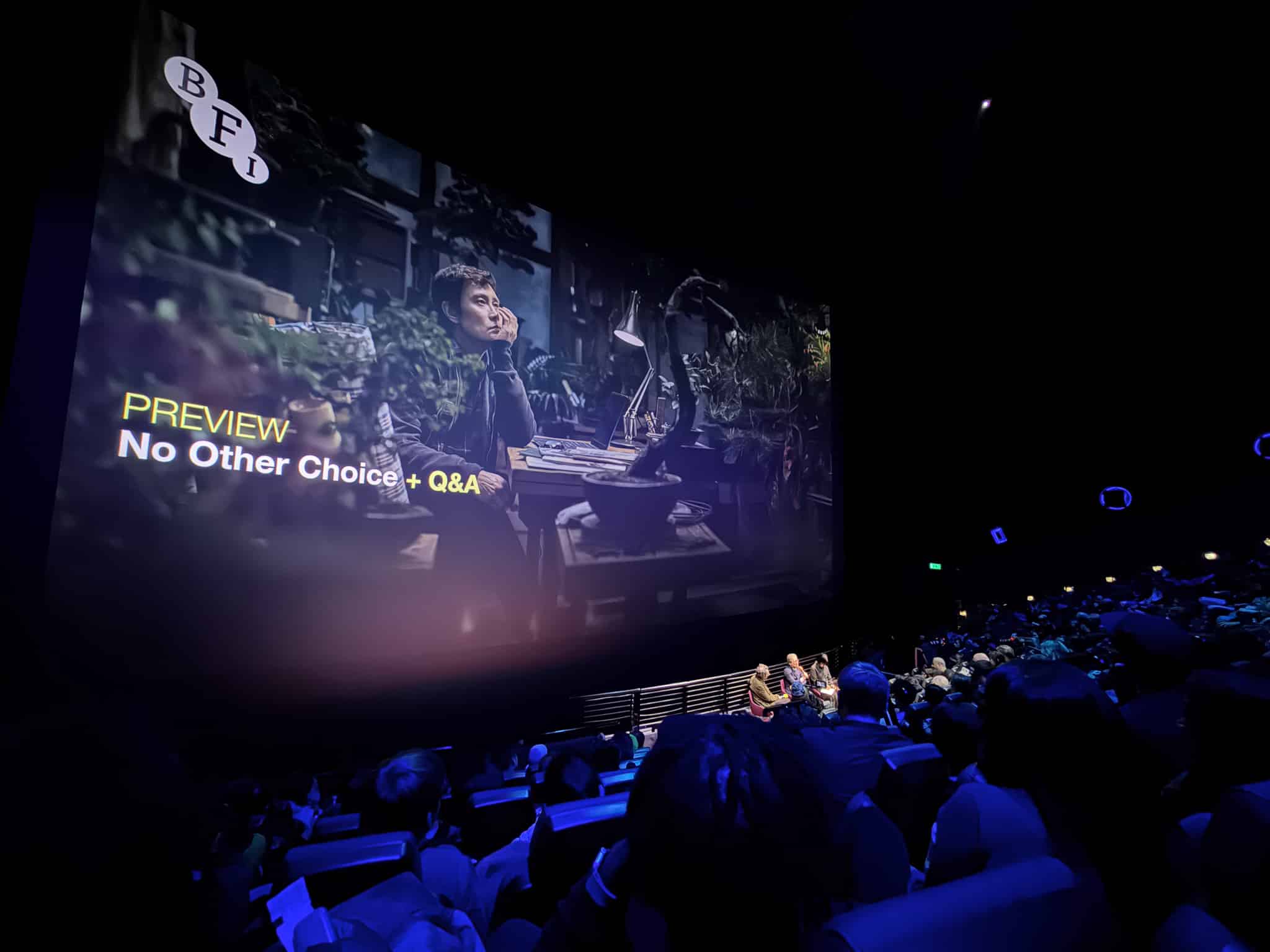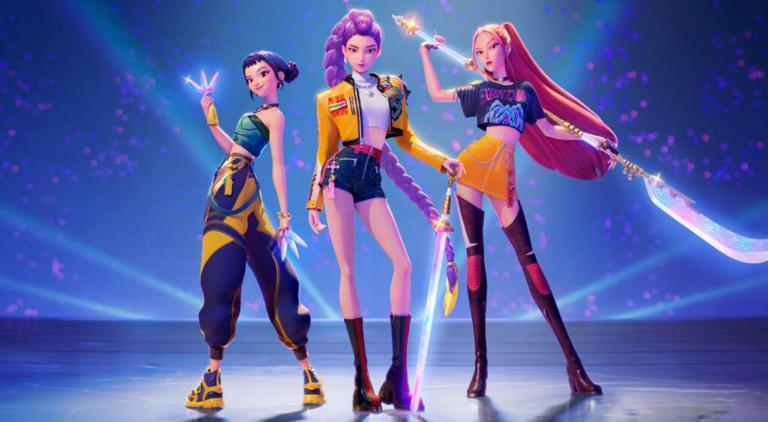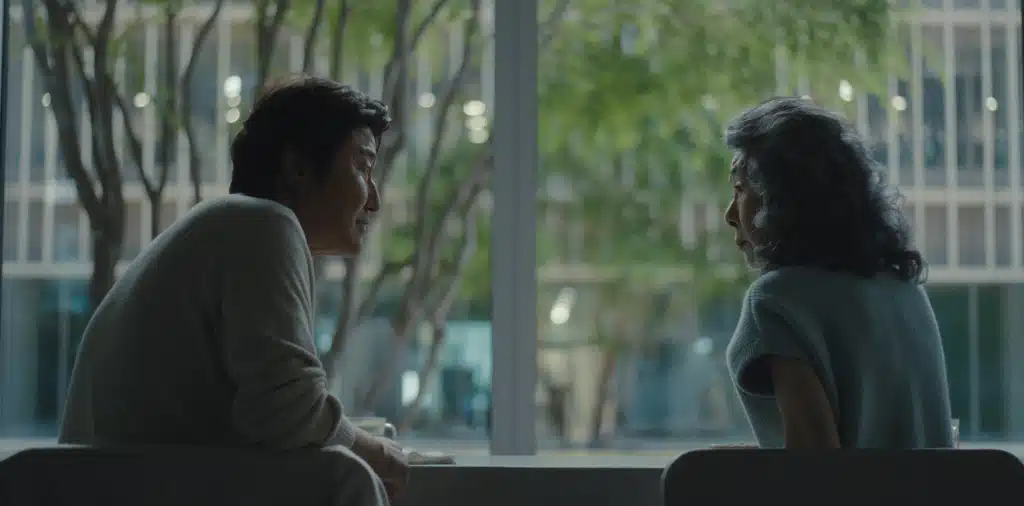After nearly a decade in the making, Rachel Michiko Whitney’s directorial debut has come home — not just to screens, but to her family’s roots. Yonsei, which premiered at this year’s Newport Beach Film Festival, is an intimate documentary that sees Whitney tracing four generations of her Japanese and Japanese American lineage through love, loss and legacy.
For Whitney, the moment feels serendipitous. Her first appearance at the same festival came back in 2018, when she starred opposite George Takei in American — a short film about a Japanese American WWII veteran haunted by his past. Now, Takei appears again in Yonsei, symbolically linking Whitney’s journey as both storyteller and subject.
Co-directed with Jeff Mizushima, Yonsei follows Whitney as she steps away from acting to examine the complex relationship between her mother, Elizabeth Reiko Kubota (a Japanese American actress navigating Hollywood in the 1980s), and her grandmother, who fell in love with Whitney’s grandfather while imprisoned in a WWII internment camp. In revisiting her family’s story, Whitney finds herself confronting the inherited silence that often shrouds trauma — and the quiet resilience passed down through generations.
“There aren’t a lot of stories about the Japanese American experience told by Japanese Americans,” Whitney tells Deadline. “And so, I was thinking about it, and when I’m interviewing my mom and my grandma, and they’re like, “Our story’s not interesting. My story is boring.” I was thinking it is almost like we’re in this cycle where, because I feel that too.”
The documentary is as much about family as it is about identity — a deeply personal act of reclaiming history through storytelling. From digitized 8mm reels to decades-old photos, Whitney uses her family’s archives to explore how identity, memory and art shape one another across generations.
Read more: Star Trek’s George Takei Reflects on Incarceration of Japanese Americans: “Live Long and Remember”
It’s also a love letter to the women who paved the way before her. Her mother, Elizabeth, appears as both subject and creative influence — an actress who endured racial stereotyping while trying to break into Hollywood, and who instilled in her daughter both discipline and defiance.
“My mom never wanted me to act as a kid,” Whitney recalls. “I always begged her to take me to auditions in the city. I would get backstage and circle the auditions that I wanted to go to, but she really wanted me to go to college.”
Along the way, Whitney reconnects with Asian American trailblazers like Cold Tofu founders Marilyn Tokuda and Denice Kumagai, and actor Joey Miyashima (High School Musical), situating her family’s story within a broader narrative of Asian American representation.
View this post on Instagram
While Yonsei serves as a tribute to the past, it’s also a meditation on what it means to tell your own story in an industry that hasn’t always made room for it.
“It’s scary to take up space,” Whitney says. “So, if you want to tell your story, you have to tell your story. You have to put yourself out there. And so, I think that’s one thing that I was thinking about..”
At 101 years old, Whitney’s grandmother has lived through the very history her granddaughter documents. Her reaction to the finished film — “It’s so great that future generations will be able to see this” — affirms what Whitney set out to achieve: a legacy preserved, not hidden.
Yonsei is now screening at the Newport Beach Film Festival.

